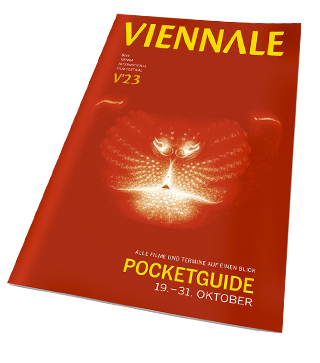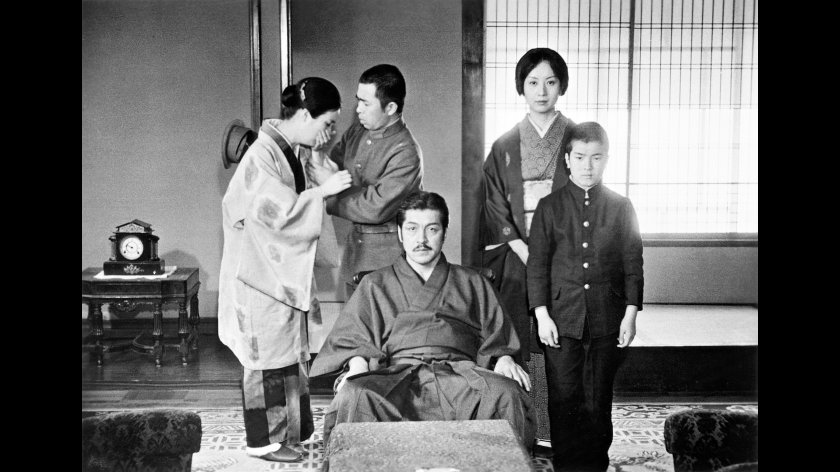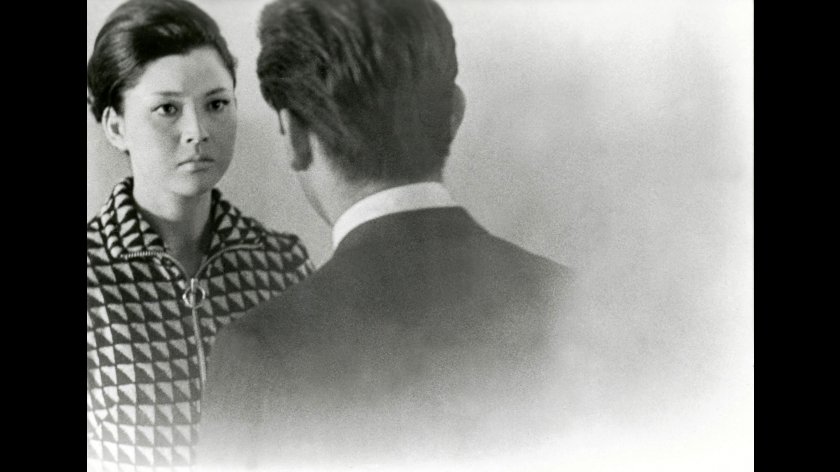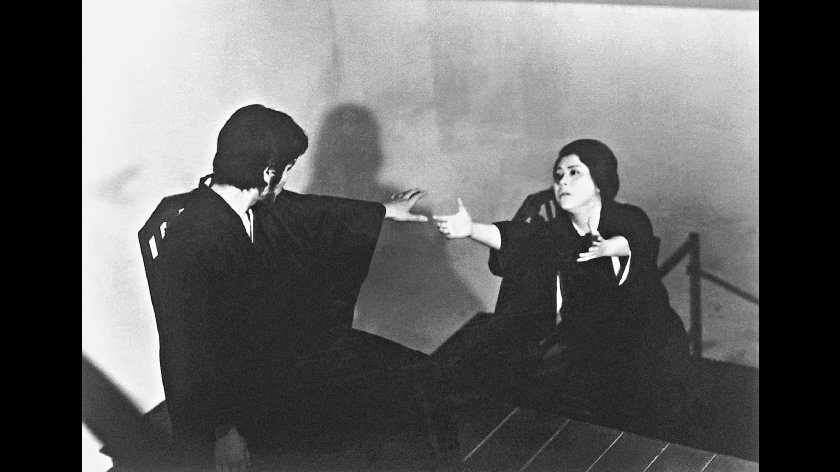Akitsu onsen
Akitsu Springs
Shusaku, kriegstraumatisiert und selbstmordgefährdet, findet im titelgebenden „Onsen“ Unterschlupf; Shinko, die lebensbejahende Wirtstochter rettet ihn; sie verlieben sich, finden nicht zusammen, begegnen einander jedoch immer wieder. Über Jahr(zehnt)e geht das so, in denen aus Shusaku ein Verräter an seinen Träumen wird und aus Shinko eine einsame Frau, die über dem flüchtig bleibenden Glück verzweifelt. Ein mächtiges Melodram. Yoshida arbeitet hier erstmals mit Okada Mariko – fulminant in der Rolle Shinkos – zusammen, die seine Ehefrau werden wird und Protagonistin seiner die japanischen Geschlechterverhältnisse kritisch beleuchtenden Filme. (Alexandra Seitz)
AKITSU SPRINGS is one of Yoshida’s best known films in Japan, where it was a commercial success, as it was designed to be. Based on a popular novel, the plot serves as a showcase for star Okada Mariko in her 100th film (as the opening title proclaims). Yoshida makes the romantic story into a work of melancholy perfection: as much an attack on Japanese melodrama as a nonpareil example of it. Yoshida emphasizes the obsessiveness of his two doomed lovers. Their relationship, which the film follows over 17 years, is built on perverse self-sacrifice and an unpayable debt. Over time, they gain more sophisticated insights into themselves, even as they repeat the same gestures and patterns (“I feel I’ve lived my whole life just watching you leave over and over again,” Okada tells Nagato Hiroyuki).
Shooting in glorious color and making expansive use of rural locations in Okayama, Yoshida contrives to find endless ways to relate his actors to architecture, landscape, light and shadow. The result is at once a classic of doomed romance, a melodrama whose visual splendor can be ranked alongside the best works of Douglas Sirk and Nicholas Ray, and a richly nuanced, theoretical epic on the violent birth of modern Japan. (Chris Fujiwara)
Alle Retrospektiven-Filme, die nach der Viennale – ab dem 2.11. – im Filmmuseum gezeigt werden, können selbstverständlich auch wie gewohnt auf www.filmmuseum.at oder unter Tel. 01/533 70 54 reserviert und an der Kassa des Österreichischen Filmmuseum gekauft werden. Es gelten die Preise des Filmmuseums.
Yoshida Kijū: GOOD-FOR-NOTHING (1960), BLOOD IS DRY A.K.A BLOODY THIRST (1960), BITTER END OF A SWEET NIGHT (1961), AKITSU SPRING (1962), 18 WHO CAUSE A STORM A.K.A. 18 ROUGHS (1963), A STORY WRITTEN WITH WATER (1965), WOMAN OF THE LAKE (1966), IMPASSE (1967), THE AFFAIR (1967), AFFAIR IN THE SNOW (1968), FAREWELL TO THE SUMMER LIGHT (1968), EROS + MASSACRE (1969), HEROIC PURGATORY (1970), COUP D’ETAT (1973), A PROMISE (1986), WUTHERING HEIGHTS (1988), WOMEN IN THE MIRROR (2002), BEM-VINDO A SÃO PAULO (2004, Episode)
- The Japan Foundation
- Okada Mariko
- Nagato Hiroyuki
- Yamamura Sō
- Uno Jūkichi
- Tono Eijiro
- Yoshida Kijū based on a book by Fujiwara Shinya
- Narushima Toichiro
- Sugihara Yoshi
- Hayashi Hikaru
- Okada Mariko






